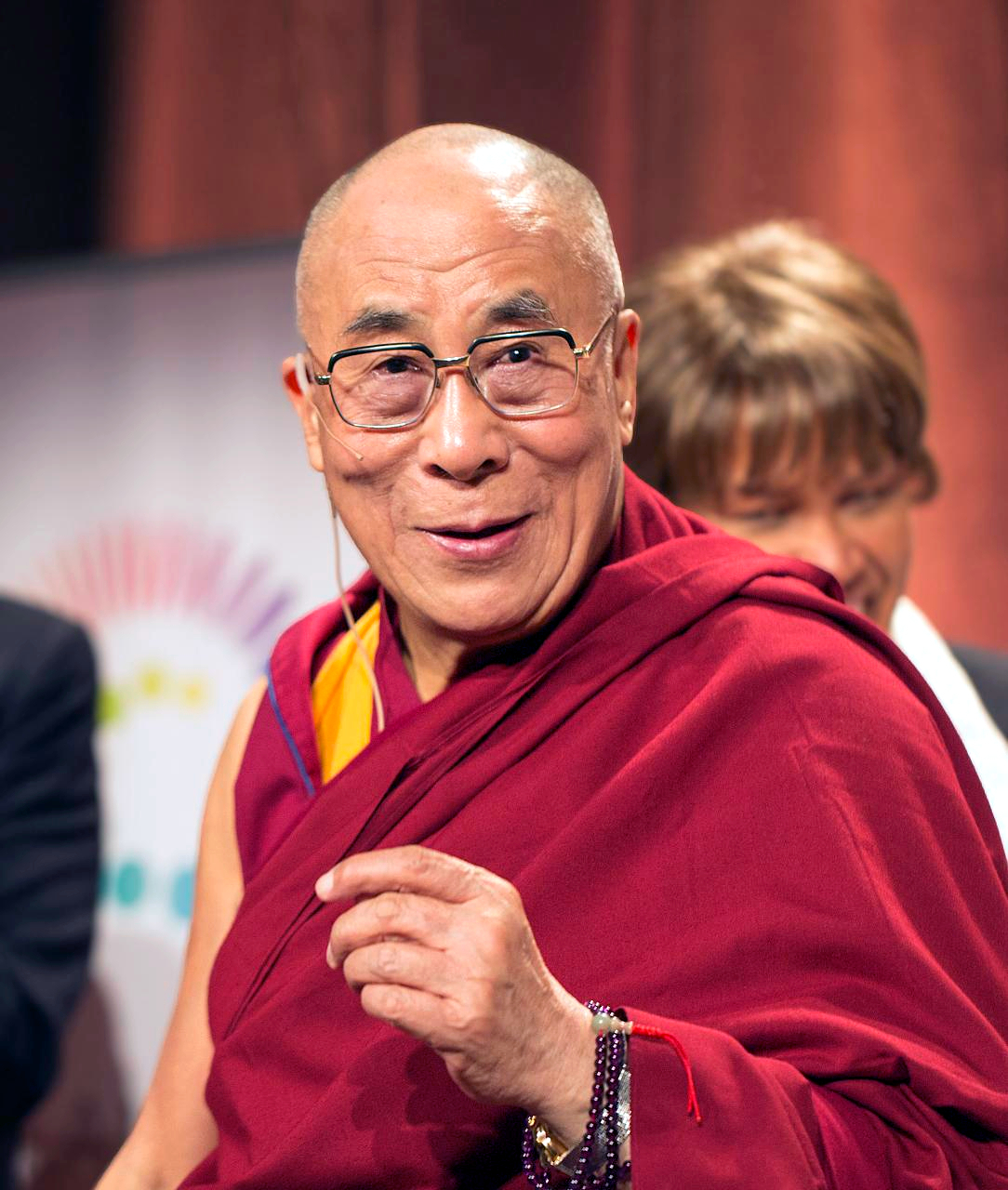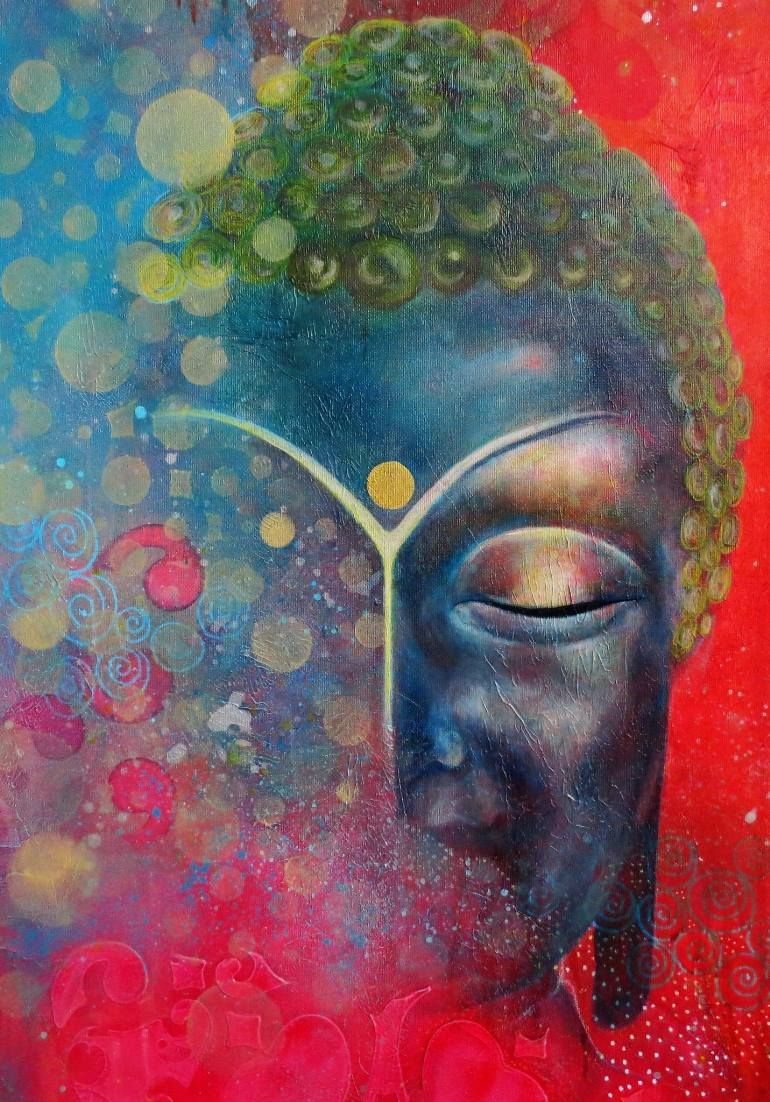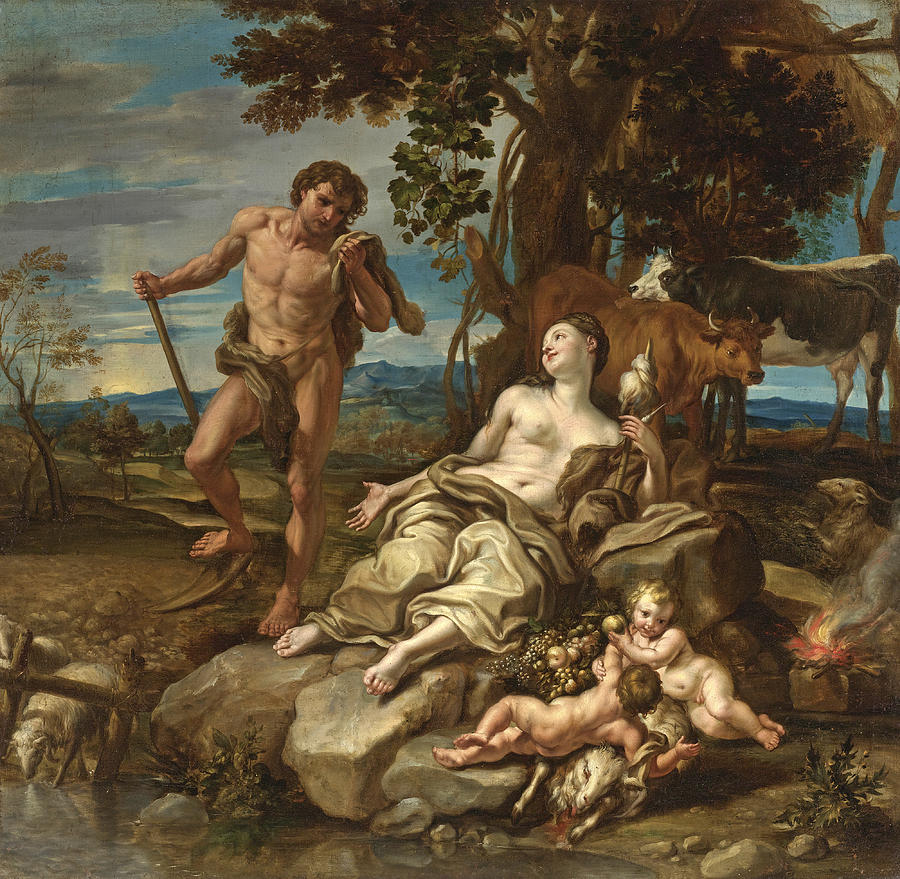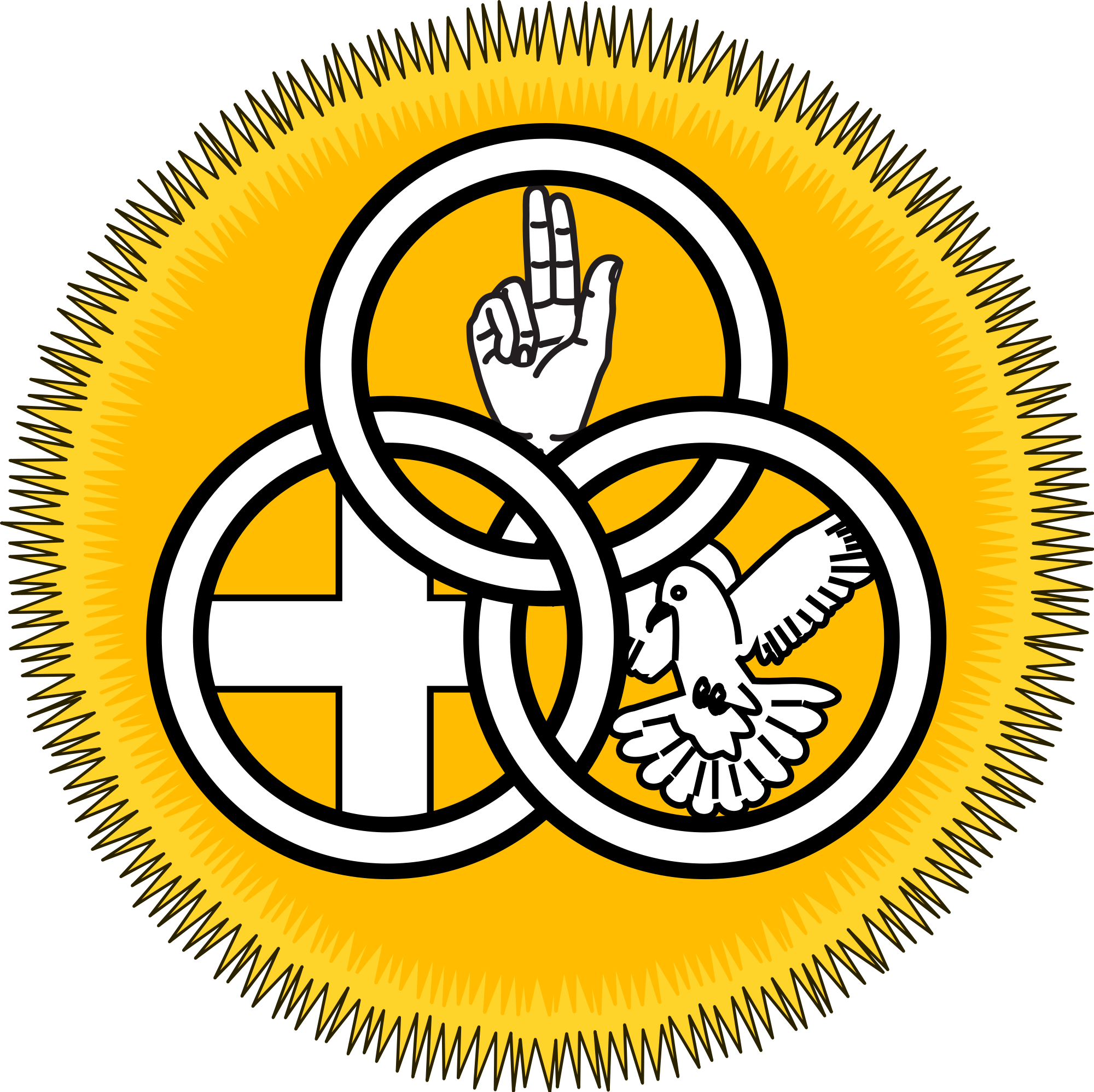Thomas Merton Memoirs about Interfaith
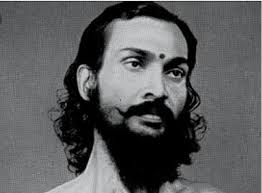
by Thomas Merton
Friendship with Dr. Baramachari
I become very fond of Bramachari, and he of me. We got along very well together, especially since he sensed that I was trying to feel my way into a settled religious conviction, and into some kind of a life that was centered, as his was, on God. The thing that strikes me now is that he never attempted to explain his own religious beliefs to me – except some of the externals of the cult, and that was later on. He would no doubt told me all that I wanted to know, if I had asked him, but I was not curious enough… He used to tell us how far India was from conversion to Protestantism – or Catholicism for that matter. One of the chief reasons he gave for the failure of any Christian missionaries to really strike deep into the tremendous populations of Asia was the fact that they maintained themselves on a social level that was too far above the natives… all Christian missionaries, according to him, suffered from this big drawback: they lived too well, too comfortably.
They took care of themselves in a way that simply made it impossible for the Hindus to regard them as holy… According to Bramachari, the prevailing impression among the Hindus seems to be that Christians don’t know what asceticism means. The Hindus are not looking for us to send them men who will build schools and hospitals… they want to know if we have any saints to send them…. the one counsel he did give me is something that I will not easily forget: “There are many beautiful mystical books written by Christians. You should read St. Augustine’s Confessions and The Imitation of Christ.” … “Yes you must read those books.” …Now that I look back on those days, it seems to me very probable that one of the reasons why God had brought him all the way from India, was that he might say just that. After all, it is rather ironical that I had turned, spontaneously to the east, in reading about mysticism, as if there were little or nothing in the Christian tradition… So now I was told that I ought to turn to the Christian tradition, to St. Augustine – and told by a Hindu monk! (Thomas Merton, Seven Storey Mountain, pp. 214-217 passim., 1938)
Conjectures of a Guilty Bystander
Since I am a Catholic, I believe, of course, that my Church guarantees for me the highest spiritual freedom. I would not be a Catholic if I did not believe this…. It is in Christ and in His Spirit that true freedom is found, and the Church is His Body, living by His Spirit. At the same time, this aspiration to spiritual, interior and personal freedom is not foreign to other branches of Christianity and to the other great religions of the world. It is the one thing that all the higher religions have in common (though doubtless on different levels), and it would be no advantage to a Catholic to try to deny this: for what brings out the dignity and grandeur of all religion is by that very fact a point in favor for Catholicism also.
It is true that in the Catholic Church we believe that we have truly received the Spirit of God, the Spirit of Sonship which makes us free with the freedom of the sons of God. It is true that Protestants make this claim no less firmly, and perhaps indeed it is characteristic of them to make if with great emphasis… How do I know what grace God can and does give to the sincere evangelical Christian who obeys the light of his conscience and follows Christ according to the faith and love he has received? (pp 84 – 85) If I do not have unity in myself, how can I even think, let alone, speak of unity among Christians? Yet, of course, in seeing unity for all Christians, I also attain unity within myself. The heresy of individualism: thinking oneself a completely self-sufficient unit and asserting this imaginary “unity” against all others.
The affirmation of the self as simply “not the other.” But when I seek to affirm your unity by denying that you have anything to do with anyone else, by negating everyone else in the universe until you come down to you: what is that left to affirm? … The true way is the opposite: by discovering them in myself and myself in them, the more real I am. I am fully real if my own heart says yes to everyone. I will be a better Catholic, not if I can refute every shade of Protestantism, but if I can affirm the truth in it and still go further. So, too, with the Muslims, the Hindus, the Buddhist, etc. This does not mean syncretism, indifferentism, the vapid and careless friendliness that accepts everything by thinking of nothing. There is much that one cannot "affirm" and "accept", but first one must say "yes" when one really can. If I affirm myself as a Catholic merely by denying all that is Muslim, Jewish, Protestant, Hindu, Buddhist, etc., in the end I will find that there is not much left for me to affirm as a Catholic: and certainly no breath of the Spirit with which to affirm it. (pp 140 – 141)
